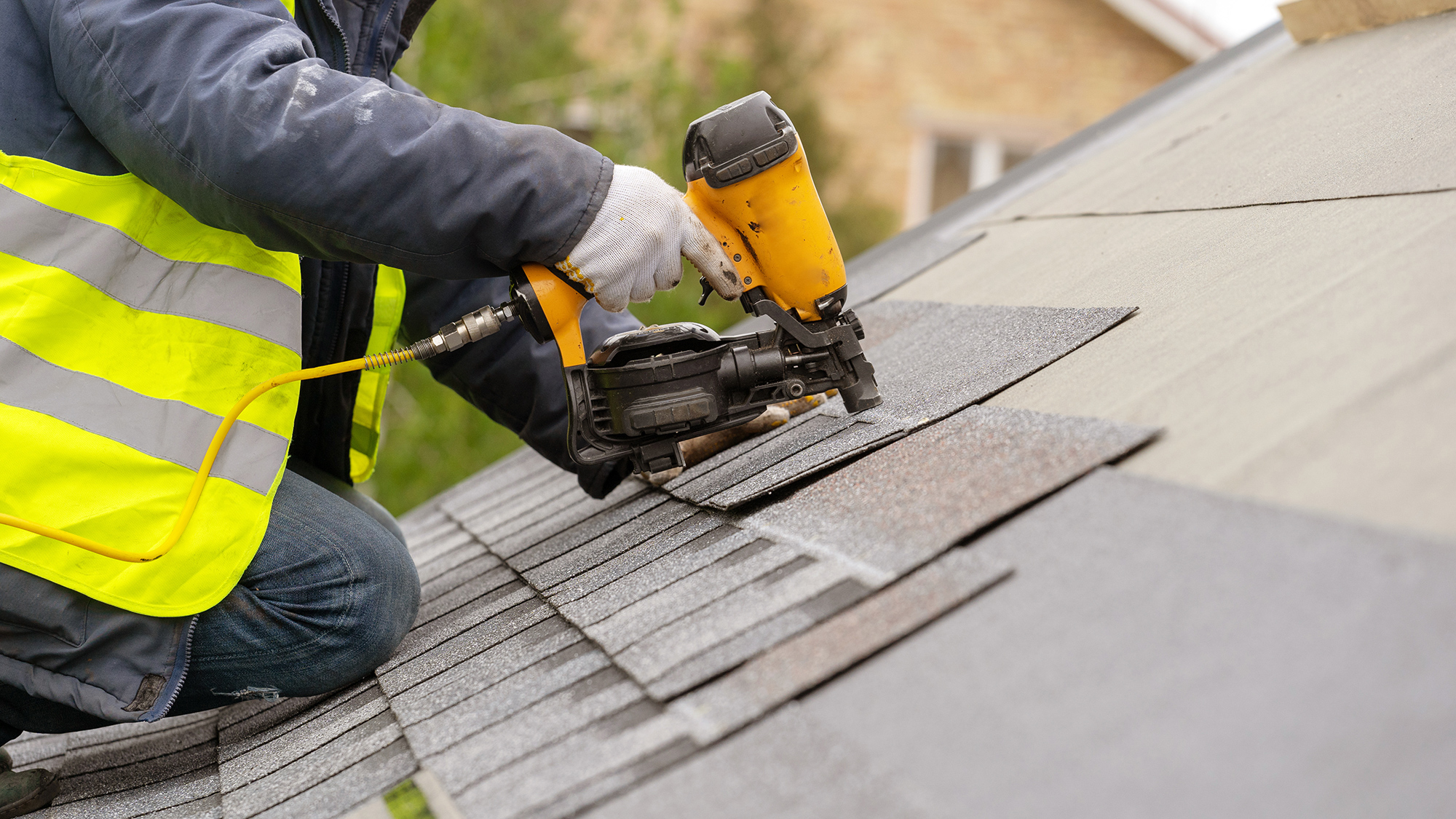When it comes to roof installation Stockton CA, making the right decisions beforehand can save you time, money, and headaches down the road. Whether you’re replacing an old roof or installing a new one, understanding the process and knowing what to expect is key to ensuring a successful outcome. But before your roof installation begins, there are several essential things to keep in mind.
In this article, we’ll cover everything you need to know to make your roof installation as smooth as possible, from choosing the right roofing company to understanding the costs and timeline. Let’s get started!
Why Is Roof Installation So Important?
A proper roof installation is crucial because it serves as the first line of defense against the elements, protecting your home and everything inside. A well-installed roof enhances the curb appeal of your property, boosts its value, and ensures energy efficiency. On the flip side, poor installation can lead to costly roof repair down the line. Therefore, investing time upfront in finding the right roofer and understanding the process can save you a lot of trouble later.
1. “How to Choose the Right Roofing Company?”
Choosing a trustworthy roofing company is the first and most important step in the installation process. Not all roofers are created equal, and the quality of their work will directly impact the durability and performance of your roof. Here are a few tips to guide you in selecting a reliable roofer:
• Check for proper licensing and insurance: Ensure the roofing company is licensed to operate in your area and carries insurance to protect both their workers and your property.
• Look at reviews and ratings: Online reviews, testimonials, and word-of-mouth recommendations are excellent ways to gauge a company’s reputation. Don’t forget to ask for references from past clients.
• Experience matters: Choose a roofer with significant experience in roof installation. A company with years of experience will be more likely to get the job done correctly.
Tip: Don’t rush the process. Take your time to research and interview potential roofing companies to ensure you’re hiring the best.
2. “What Should You Expect During the Roof Installation Process?”
Understanding the roof installation process can help you prepare for what’s to come. While every project is different, there are some common steps involved. Here’s an overview of what to expect:
• Inspection and planning: A professional roofer will assess your current roof, identify any issues, and provide an estimate. This is the time to ask about materials, roofing styles, and timelines.
• Preparation of the worksite: The roofer will prepare your property by laying down tarps to protect your landscaping and covering furniture or items in your attic.
• Removing the old roof: If you’re replacing an old roof, the old materials will be stripped away to create a clean surface for the new installation.
• Installing the new roof: This includes the placement of underlayment, shingles or tiles, flashing, and other components that make up the roofing system.
• Clean-up: Once the installation is complete, the roofer will clean up the area, removing debris, nails, and any leftover materials.
Tip: Be prepared for some noise during the installation process. If you work from home or have small children, consider making arrangements for the day(s) of installation.
3. “How Long Will the Roof Installation Take?”
The length of time required for roof installation depends on various factors, including the size of your roof, the type of materials being used, and weather conditions. On average, a roof installation can take anywhere from one day to several days.
Here are a few factors that can affect the timeline:
• Weather conditions: Rain, wind, or extreme temperatures can delay the installation process.
• Roof size and complexity: A simple residential roof installation will take less time than a complex commercial installation.
• Type of materials: Different materials have different installation timelines. Asphalt shingles, for example, are typically quicker to install than slate or tile roofs.
Tip: Stay in communication with your roofing company to get real-time updates on the progress of the installation and any delays due to weather.
4. “What Are the Costs Involved in Roof Installation?”
Cost is often the most significant concern when it comes to roof installation. The total price of the project will depend on various factors such as the size of your roof, the type of materials chosen, and the complexity of the job.
Here’s a breakdown of typical costs you should consider:
• Roofing materials: Different materials come with different price tags. Asphalt shingles are usually more affordable, while metal or tile roofing may cost more.
• Labor: The cost of labor can vary depending on your location and the roofer’s experience. Labor typically accounts for a significant portion of the total cost.
• Additional costs: Don’t forget to account for any extra costs such as disposal of old materials, permits, or inspections.
Tip: Always ask your roofer for a detailed written estimate that includes all costs involved in the project to avoid surprises later on.
5. “What Should You Do Before the Roof Installation Begins?”
There are a few key steps you should take to prepare for your roof installation. Proper preparation can help the installation go more smoothly and minimize disruptions.
• Clear the area: Move outdoor furniture, vehicles, or anything that could get damaged or in the way of the installation process.
• Prepare your interior space: The roof installation process can create vibrations inside your home. Remove valuable items from the attic or ceiling spaces to prevent damage.
• Communicate with your roofer: Make sure you’re both on the same page regarding the installation timeline, materials, and any special instructions.
Tip: If possible, arrange for pets and children to stay elsewhere during the installation to avoid distractions and ensure safety.
Conclusion
A successful roof installation requires careful planning, proper preparation, and choosing the right roofing company. By following the tips above, you can ensure that your new roof will be installed professionally and efficiently, protecting your home for years to come. Don’t rush the process—take your time to research and hire a reputable roofer Stockton CA, ask the right questions, and make sure you fully understand the costs and timeline involved.
Remember, a new roof is a long-term investment in your home’s safety, comfort, and curb appeal. By being proactive and informed, you can avoid potential headaches and enjoy peace of mind throughout the installation process and beyond. Happy roofing!


